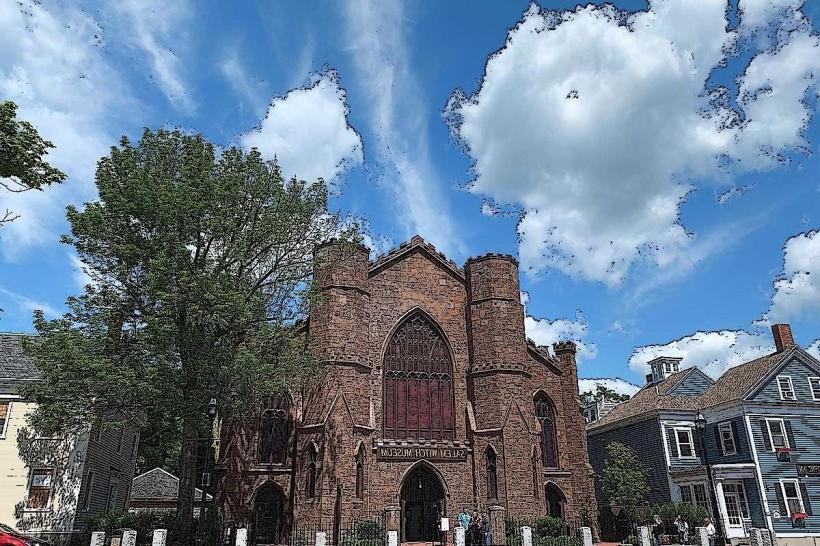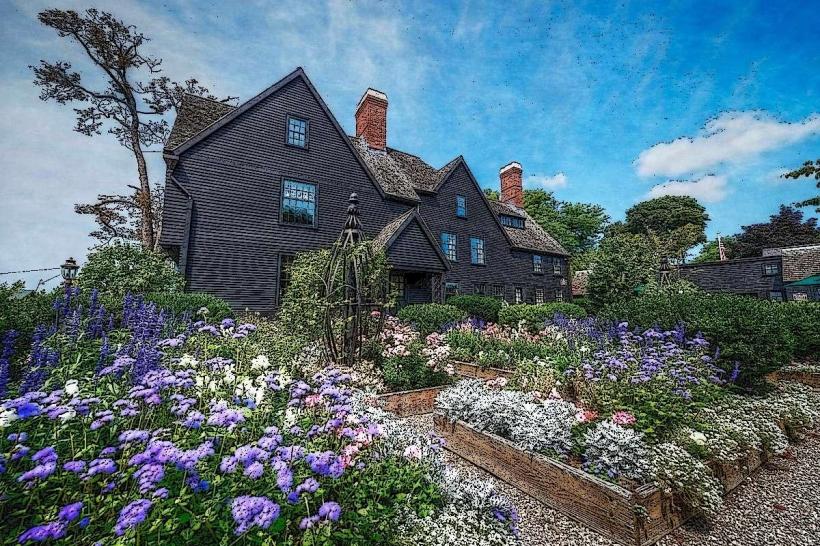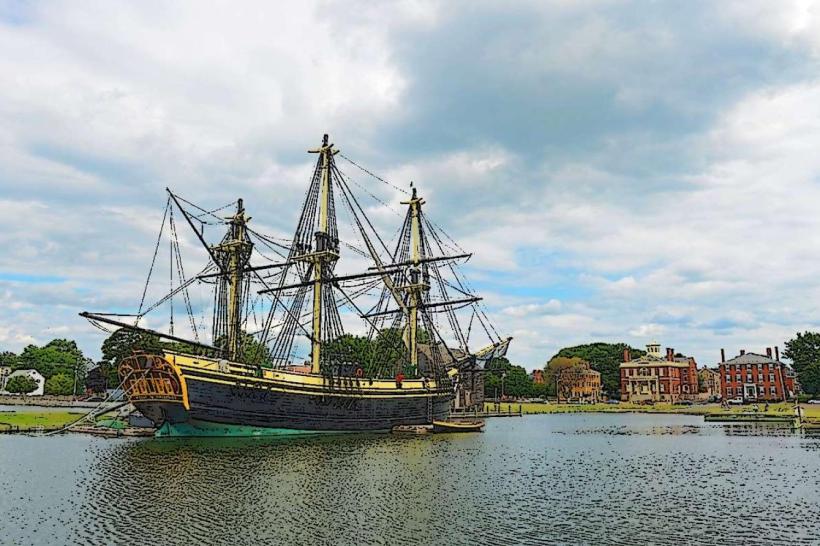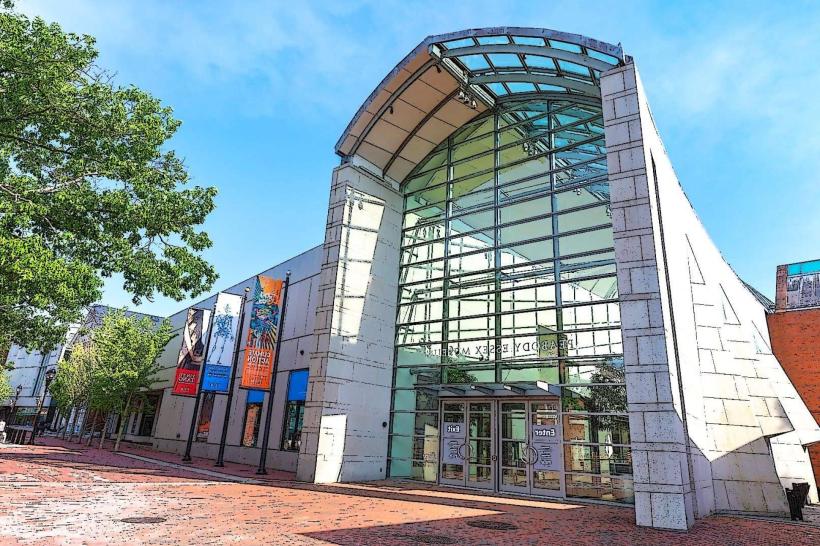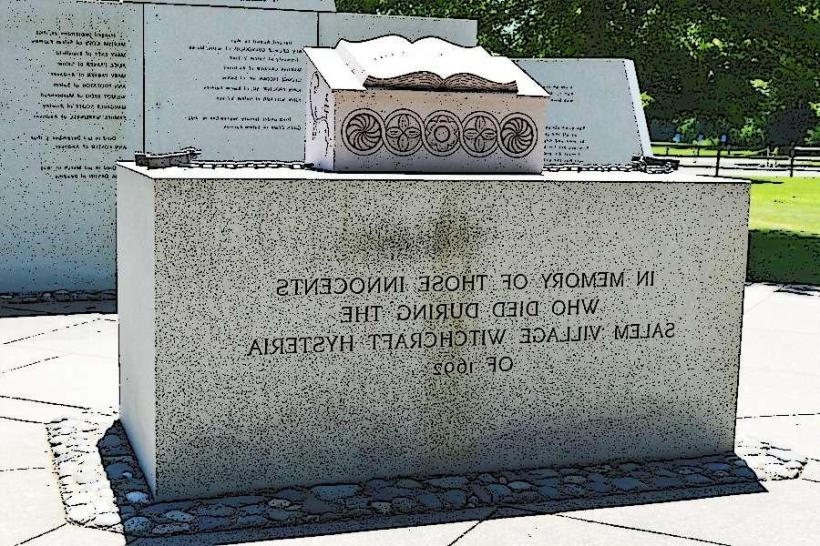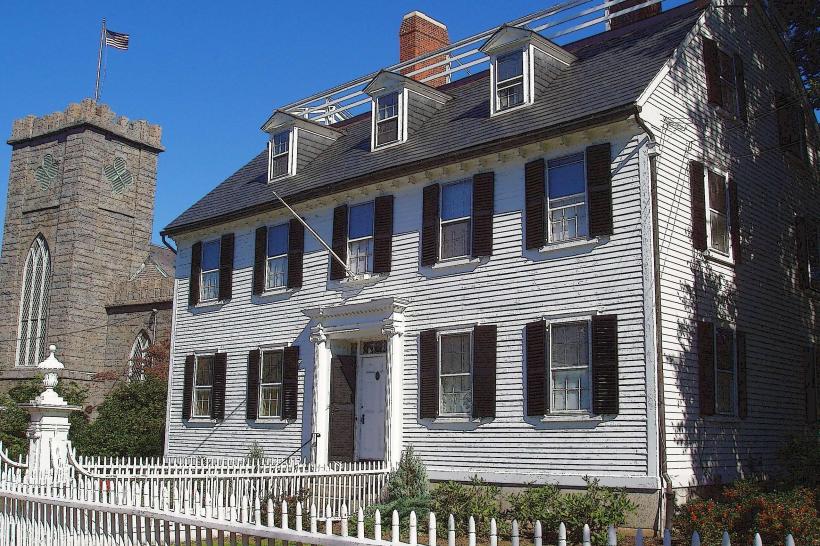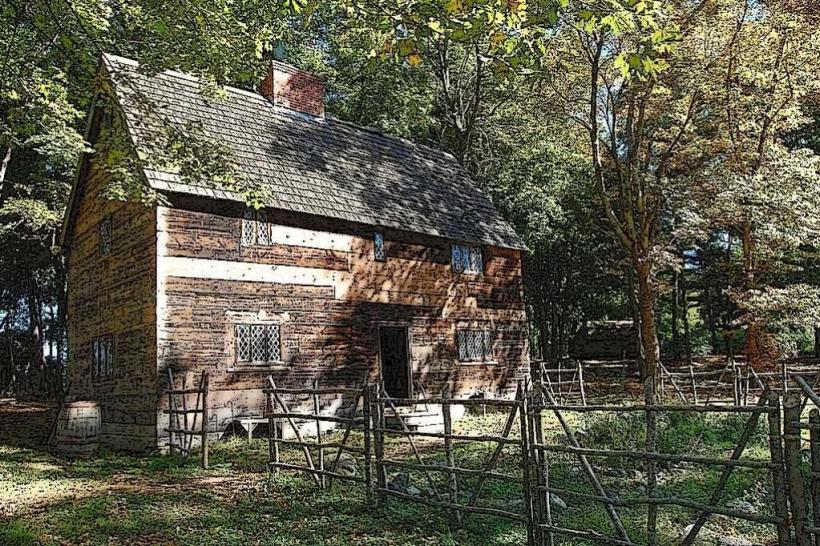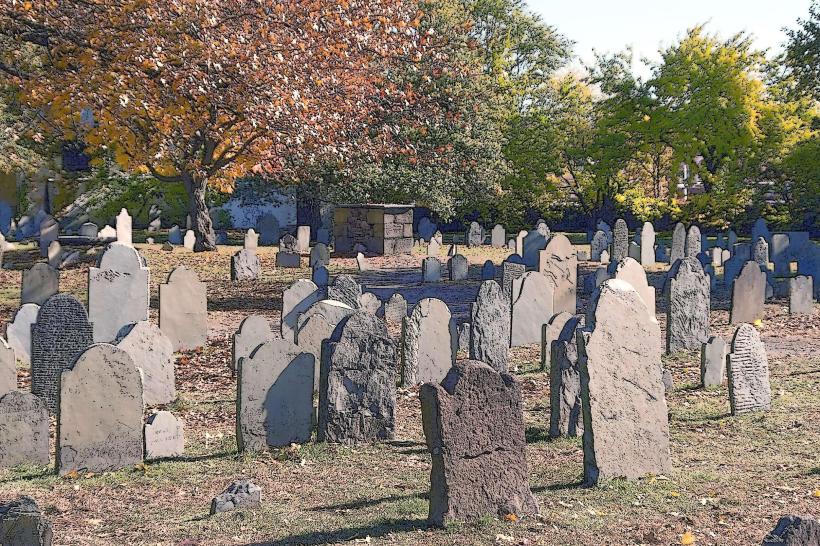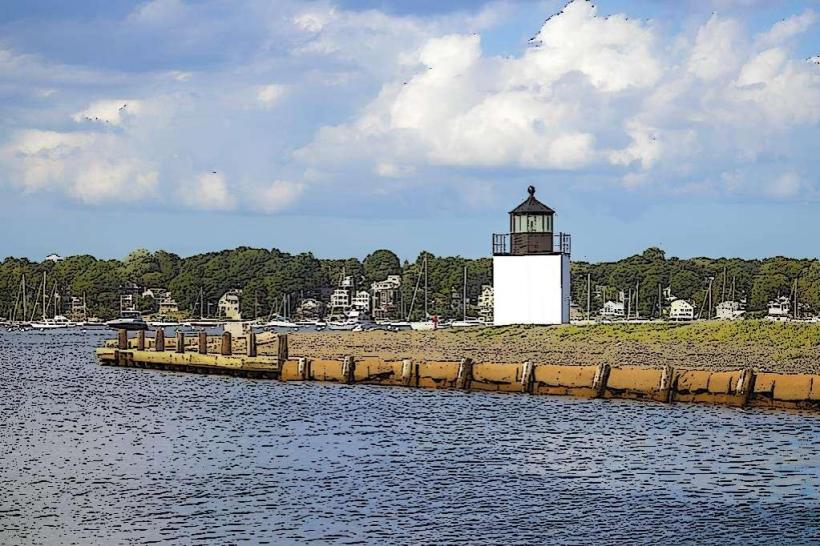Information
Landmark: Witch HouseCity: Salem MA
Country: USA Massachusetts
Continent: North America
Witch House, Salem MA, USA Massachusetts, North America
The Witch House – In Detail
The Witch House, formally known as the Jonathan Corwin House, is one of the most iconic and historically significant buildings in Salem, Massachusetts. Located at 310 Essex Street, it is the only structure still standing in Salem with direct ties to the Salem Witch Trials of 1692. As the former home of Judge Jonathan Corwin, one of the magistrates who presided over the witch trials, the Witch House offers visitors a powerful and authentic window into 17th-century life, law, and superstition.
Historical Background
Built Circa 1642–1675:
The house was constructed around the mid-17th century, possibly beginning in the 1640s and completed by the 1670s. Its timber-framed architecture and gabled roof reflect classic First Period Colonial design, typical of Puritan New England.
Jonathan Corwin (1640–1718):
A wealthy merchant and respected community leader, Corwin was appointed to investigate witchcraft accusations during the 1692 hysteria. As one of the local magistrates, he participated in preliminary examinations of the accused before formal trials. While not the most infamous of the judges, his association with the trials-combined with his long residence in this house-gives the structure its enduring name and legacy.
Role in the Salem Witch Trials
Court Involvement:
Judge Corwin helped issue arrest warrants and question accused individuals during the early phases of the witch trials. Although records suggest the trials themselves did not take place in the house, his involvement makes the building a rare tangible link to the judicial authority behind the executions.
Survival Through the Centuries:
Unlike many other buildings from the era, the Witch House was never demolished or significantly relocated, preserving both its structure and association with one of the darkest chapters in colonial American history.
Architectural and Interior Features
First Period Design:
The Witch House showcases steep gabled roofs, overhanging second stories, casement windows with diamond-shaped panes, and massive wooden beams inside. It was originally a two-room home and later expanded.
Interior Rooms:
The house features period rooms filled with:
17th-century furniture, such as trestle tables, rope beds, and high-backed chairs
Domestic artifacts like pewter dishes, spinning wheels, and cooking implements
Medical and herbal tools, representing early colonial beliefs about healing and illness
A small collection of objects related to Puritan religious practices and early legal traditions
Witchcraft Interpretation:
The house includes displays explaining Puritan fears of the devil, how accusations of witchcraft arose, and how the trials unfolded. Panels and artifacts help visitors understand the climate of fear, religious extremism, and social pressures that made such hysteria possible.
Museum and Visitor Experience
Self-Guided and Guided Tours:
Visitors can explore the house through self-paced tours or join docent-led tours that provide in-depth context about the family, the era, and the trials.
Themes Explored:
The daily lives of the Corwin family and their social status in Salem
Colonial justice and trial procedure
Medical beliefs and herbal remedies
Witchcraft accusations and superstitions in 17th-century New England
The blending of religion and governance in Puritan society
Tone and Atmosphere:
The experience is solemn and historical, not theatrical. It emphasizes the human cost of intolerance and injustice, making it quite distinct from Salem’s more entertainment-focused attractions.
Preservation and Legacy
Restoration:
In the 1940s, the house was preserved and opened as a museum. Restoration efforts carefully maintained original architectural elements while stabilizing the structure for public access.
Ownership:
Today, the Witch House is operated by the City of Salem and remains one of the most visited historic sites in town.
Educational Role:
As one of the few purely historical witch-related sites in Salem, the house plays a key role in educating the public about how ordinary lives were disrupted and destroyed by fear and fanaticism.
Location and Accessibility
Address: 310 Essex Street, at the edge of Salem’s downtown historic district.
Proximity to Other Landmarks: Walking distance to the Peabody Essex Museum, Ropes Mansion, Salem Witch Trials Memorial, and Salem Common.
Accessibility: The house has narrow stairs and tight quarters typical of 17th-century homes, which may limit accessibility for some. Interpretive materials are provided to enhance access.
Cultural and Tourism Value
Authenticity:
Unlike many modern or fictionalized witch-themed attractions in Salem, the Witch House is genuinely historic, giving it a gravitas and authenticity that appeals to serious learners, historians, and heritage tourists.
Halloween Season:
While open year-round, the house sees a surge in interest during October, when Salem becomes a magnet for Halloween tourism. However, the Witch House maintains a respectful and educational tone even during this time.
Summary
The Witch House stands as a rare and haunting artifact of America’s early colonial era-an era marked by fear, superstition, and tragic injustice. As the home of a real witch trial judge, it offers a uniquely authentic and thought-provoking experience for those who wish to understand the human and historical dimensions of the Salem Witch Trials. With its well-preserved structure, carefully curated exhibits, and deeply resonant story, it remains a cornerstone of Salem’s historical landscape and one of the most meaningful stops for any visitor.

